Let's save energy, money and the environment.

By generating some of your own heat or power at home you:
- save money on energy bills,
- can benefit from any government subsidies available,
- have a warmer, cosier home or office,
- are less affected by increases in the price of electricity, gas and oil,
- are more self-sufficient,
- have a greener home or office, and
- have the pleasure of using cutting edge technology.
Renewable energy technologies and what’s best for your situation.
The performance of most renewable energy technologies depends on the site where they are installed, so it’s well worth researching what’s best for your situation.
To get the most out of any renewable energy it’s worth making sure that your house is as energy efficient as possible. There are two main types of renewable energy. Those that produce electricity and those that provide space heating and / or hot water. If you don’t want to generate your own (or can’t afford it) the best way to get renewable electricity is to sign up to a green tariff.
Like virtually every area of life, the renewable energy world has developed its own jargon which makes it more difficult for the newcomer to find out what it’s all about. We’ve put together a jargon buster to help you make sense of it all.
The below pages will tell you whether or not each technology is suitable for your property,
- Hydro-power
- Solar electricity (photovoltaic panels or PV)
- Wind turbines
- Biomass boilers and stoves (wood burning)
- Heat pumps (air, ground and water)
- Solar water heating (solar thermal)
- Combined heat and power (CHP)
The latest on low carbon technology:
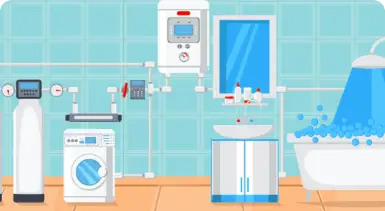
Air Source Heat Pumps
An air source heat pump is a central heating system that transfers heat from the air.
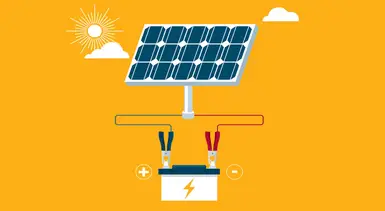
Batteries
Batteries, or home energy storage units, can be installed to store surplus energy produced by your solar PV system, which can then be used in the home when your system is not generating energy, at night for example.
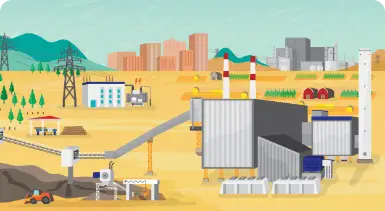
Biomass Boilers: Advantages, Disadvantages And Costs
Biomass is a renewable energy source, generated from burning wood, plants and other organic matter.

Biomass stoves
Biomass is a renewable energy source, generated from burning wood, plants and other organic matter to provide warmth in a single room or your whole house.
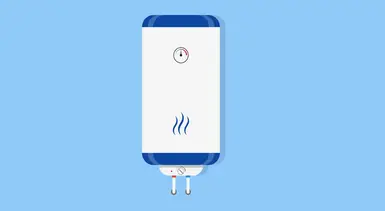
Combined heat & power
Combined heat and power (CHP) is a way of generating heat and electricity simultaneously. This is achieved through the on-site generation of electricity and the use of the heat that is produced as a by-product.
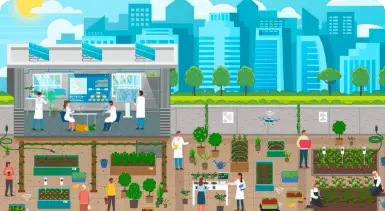
Community energy
Community energy is where people come together to engage in energy-related activities and take action to reduce or generate their own energy, usually in response to concerns about climate change and/or fuel poverty.
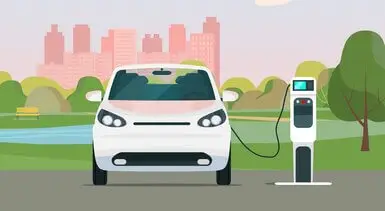
Electric Vehicle Charge Points
When you buy an Electric Vehicle (EV) or a hybrid, it is likely that you will need or want to charge it whilst at home, as well as at public charge points. To do so you will need to install an EV charge point.

Ground Source Heat Pumps
A ground source heat pump is a central heating system that transfers heat from the ground using electricity.
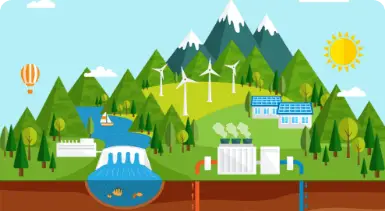
Hydro power
Water was one of the first energy sources to be harnessed by humans. It seems likely that the first water power device was used in the Middle East six centuries BC. By the seventeenth century England had an estimated 20,000 working water mills.
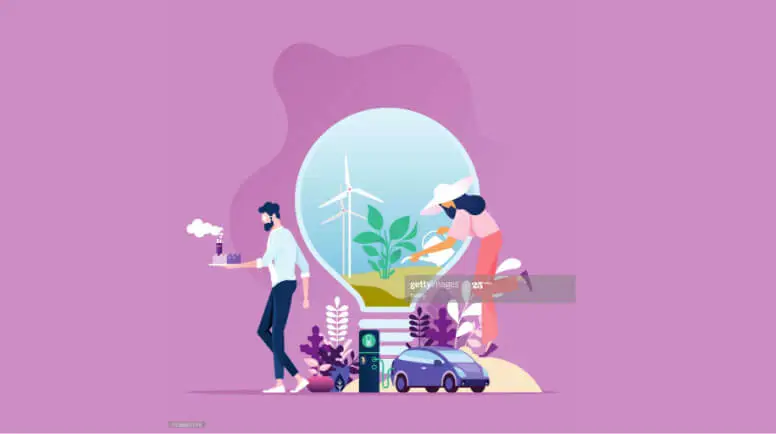
Jargon Buster
If there’s anything you’d like us to add to the jargon buster, please email us at superhomes@nef.org.uk
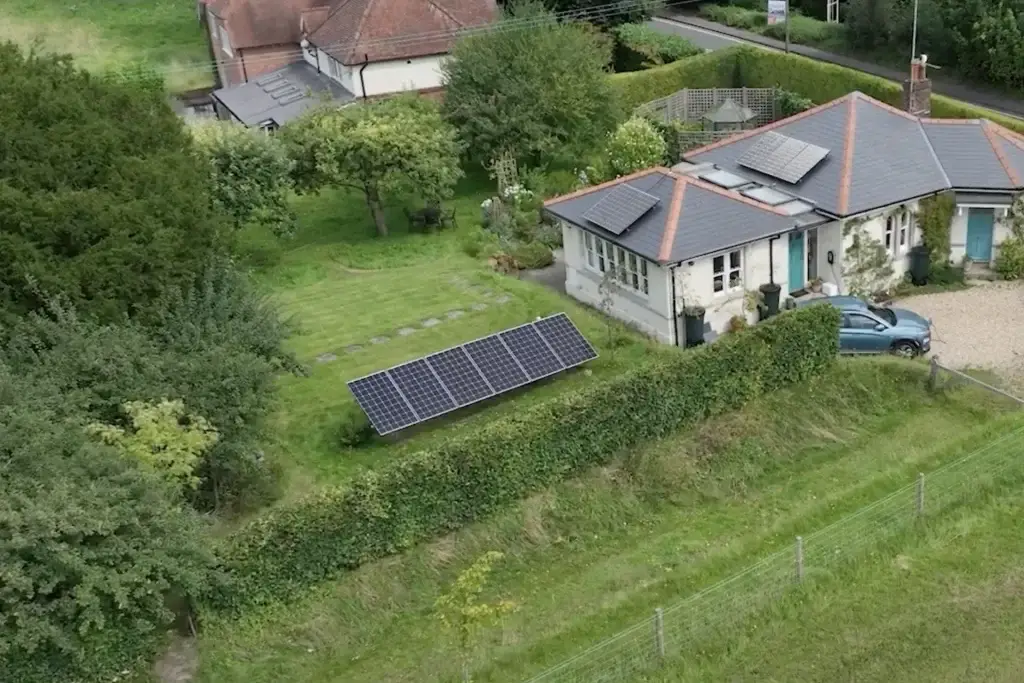
Portable Solar Panels: Cost, Benefits And Disadvantages
Portable solar panels are a game-changer for those seeking off-grid power solutions, whether you’re camping, traveling in a caravan, or just looking to supplement your
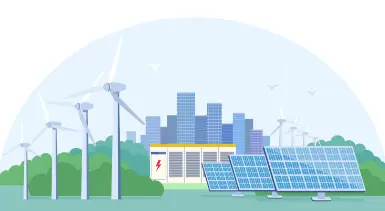
Solar Electricity
Solar panels which generate electricity (known as solar PV) capture the sun’s energy using photo voltaic cells. Even on a cloudy day, the cells can still generate electricity. which can be used to run household appliances and lighting.
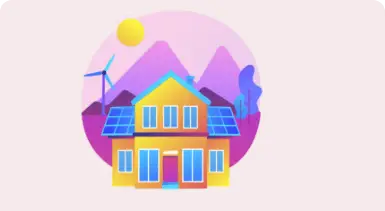
Solar thermal
Solar water heating (known as solar thermal) systems capture the free heat from the sun and use it to heat up water for use in the home.
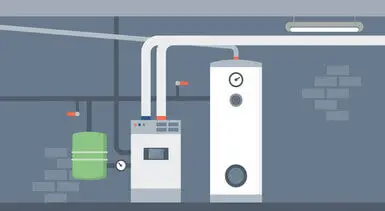
Thermal Stores
A thermal store holds excess heat, normally produced by a renewable heating technology (solar thermal, heat pumps or biomass), to be used to heat your space and/ or water, at times when it is required.

What is Retrofitting? Insulation, Costs & Benefits
Retrofitting is becoming increasingly essential in modern construction and sustainability efforts. It’s one of the best ways to make your property more sustainable, by upgrading to

Wind power
The pros and cons of wind power regularly fill the pages of newspapers, yet it’s still quite difficult to pin down the facts about it.
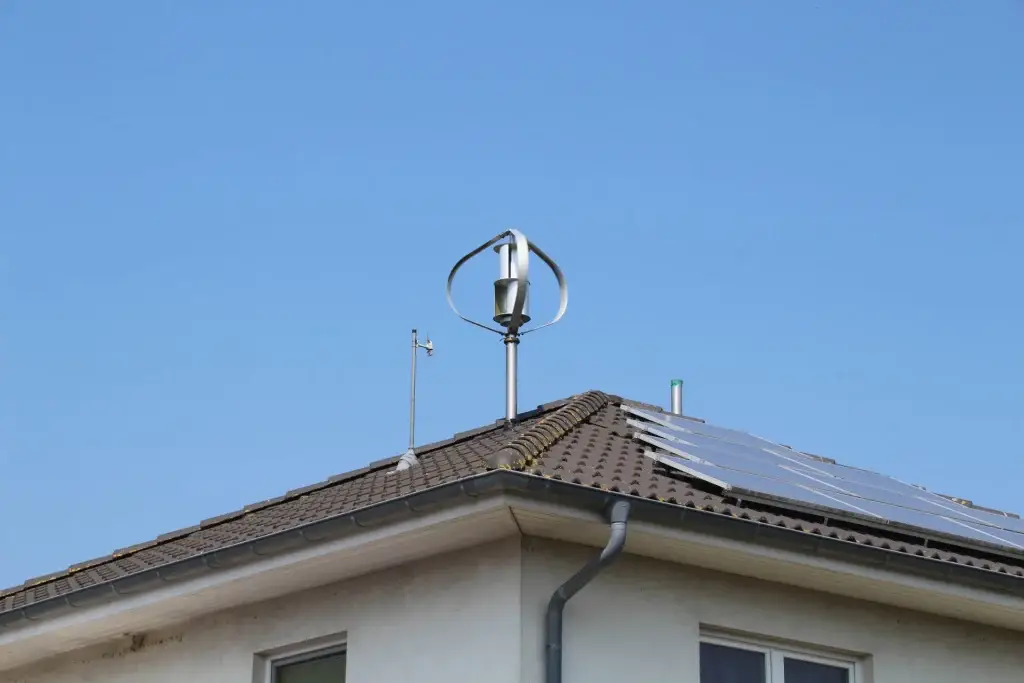
Wind Turbine For Home UK
You already know plenty about solar panels and heat pumps – but have you considered home wind turbines? With rising energy costs and the increasing